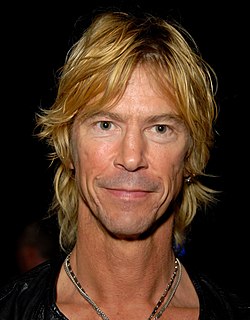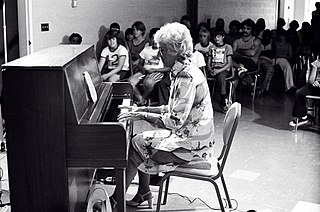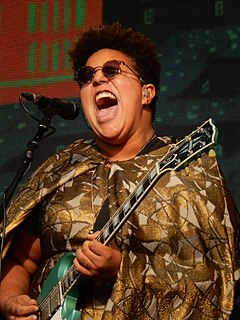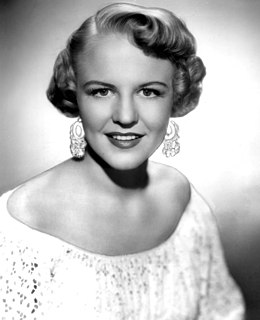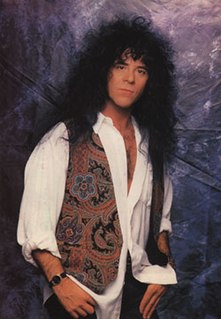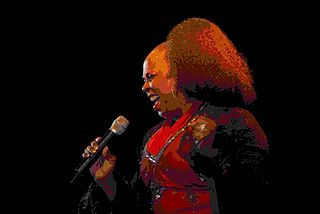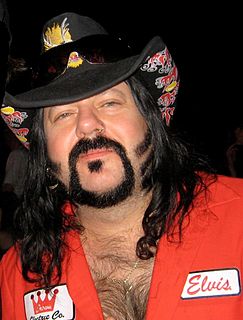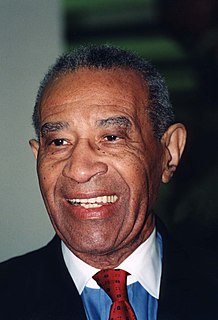A Quote by Duff McKagan
If you don't have a good rhythm section, your band is toast; you're a bar band. Good rhythm section, you've got a chance to get out of the bar.
Related Quotes
I can't get very excited about a musician who can do Art Tatum because I've got the Art Tatum records. I want to hear him take that and do something that hasn't been done. And there's enough of that going around that keeps the music very exciting. There's so many great young players coming out. I think we're in some kind of renaissance, especially in the rhythm section. I mean the musicians on drums and bass and guitar are really trying to figure out different ways to bring a rhythm section together.
The relationship in Pantera and with Damageplan is the opposite of the traditional rhythm section. It's me and Dime, not the bass, locking in always. Dime's such a strong rhythm player that we just walk in, and we're good to go. We've been playing together forever, and when he goes somewhere, I instinctively know where he's going.
Rhythms, beats, etc., are fundamentally central to my creative drive: my first instrument was the drums, nearly every band I have been involved in or at the helm of, is driven by rhythm, my band is driven entirely by rhythm, machine rhythm, and the purpose of the rock instrumentation is literally to speak the beats, to emulate the rhythms with guitars and bass, with very little articulation, and without being 'progressive'.
At Carnegie Hall the Preservation Hall Jazz Band showed how easily it could hop from era to era. It could work like a rhythm-and-blues horn section or a tightly arranged little big band if need be, but it could also switch back into the polyphonic glories of vintage New Orleans jazz, in which nearly every instrument seems to improvise around the tune at the same time.
